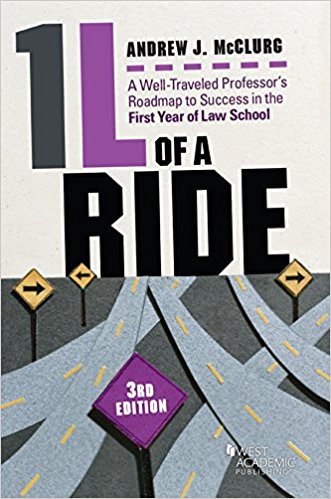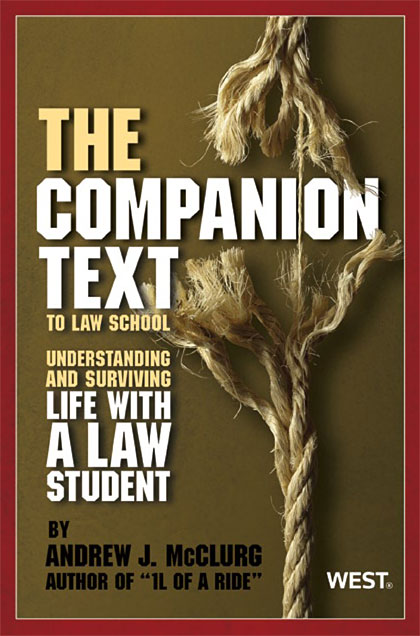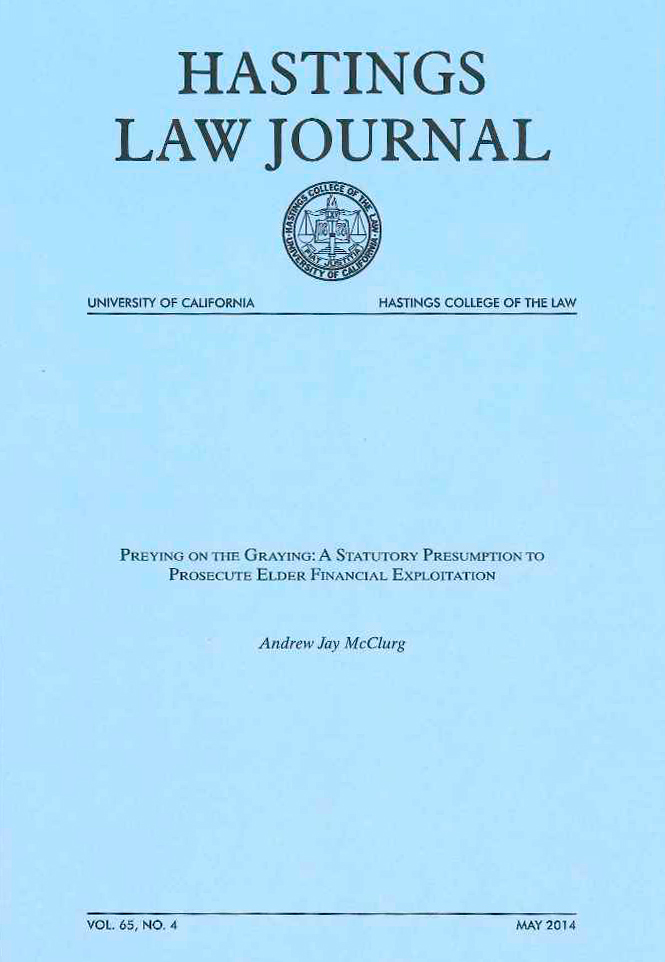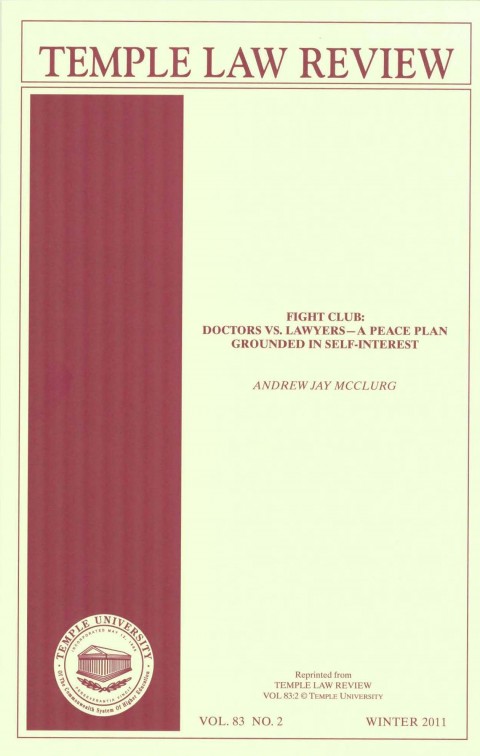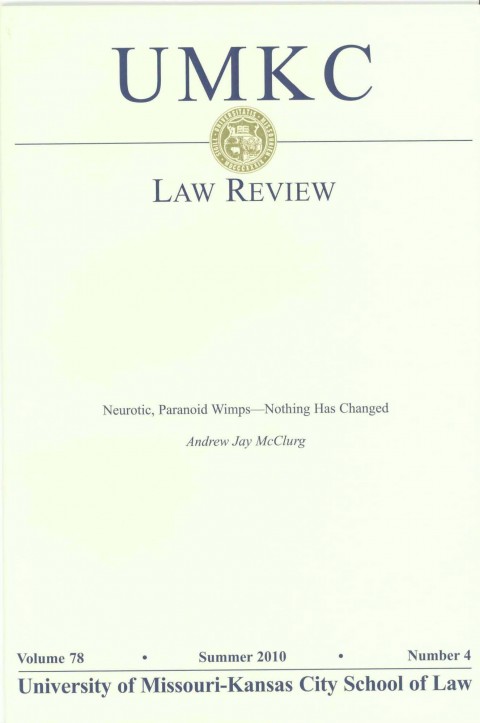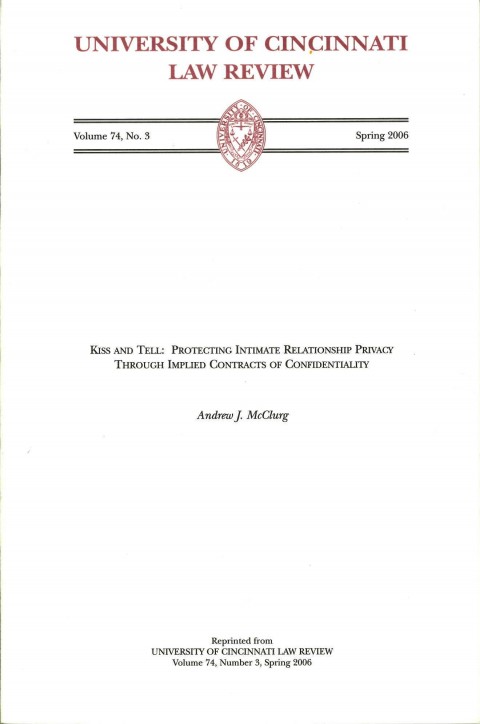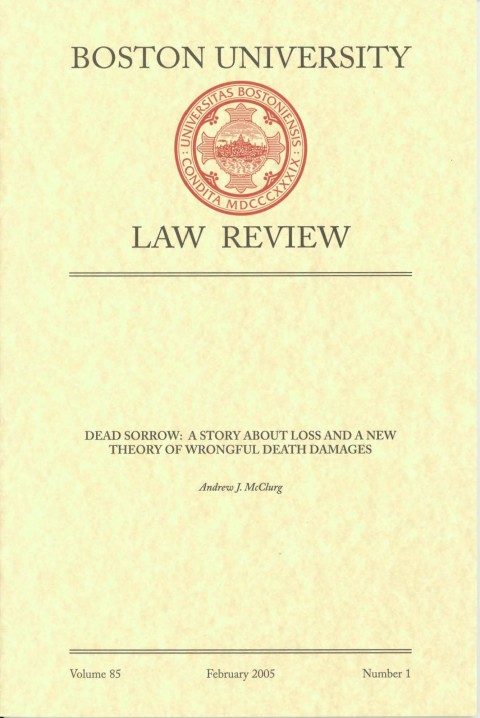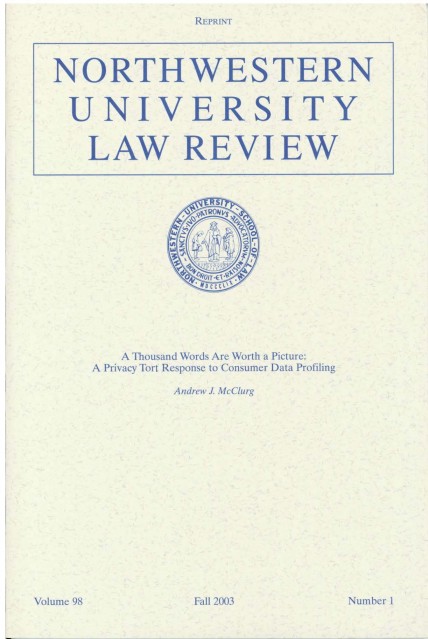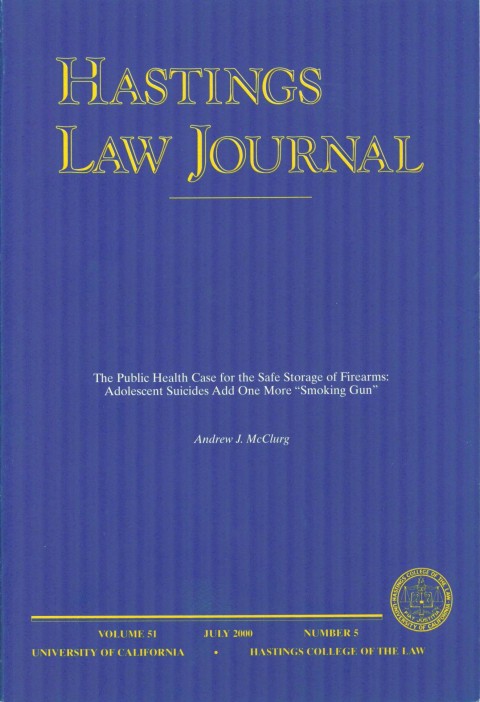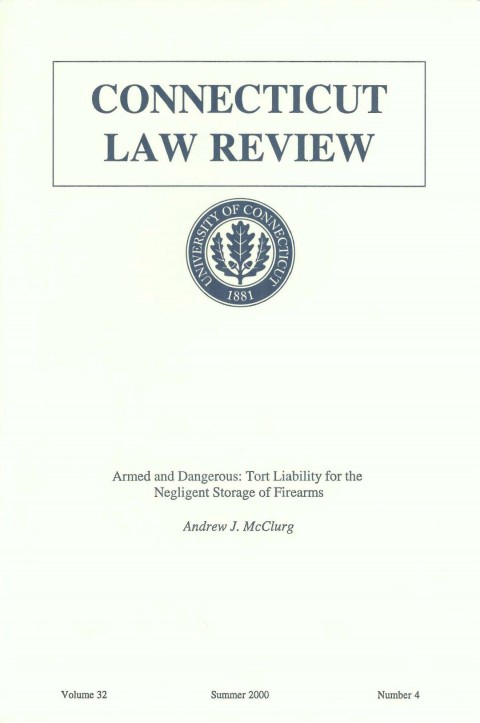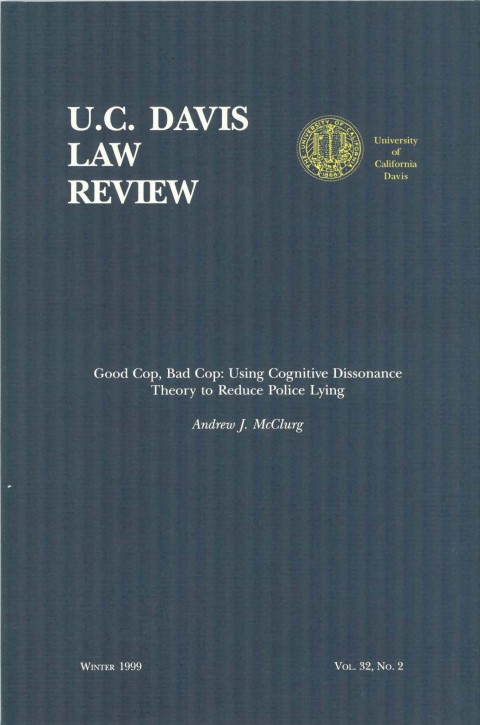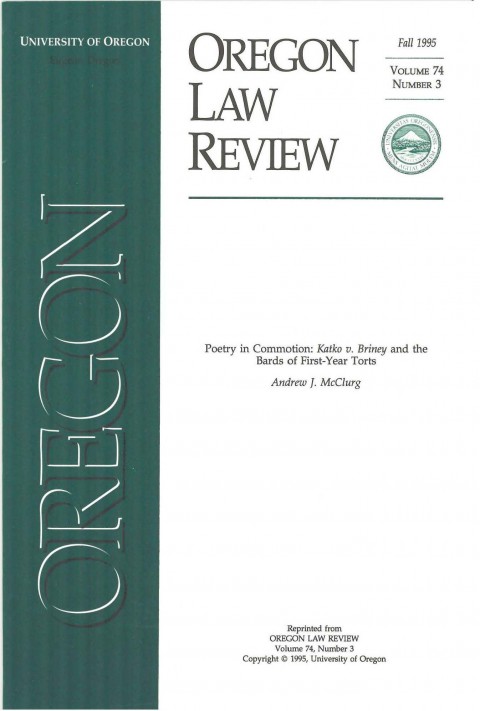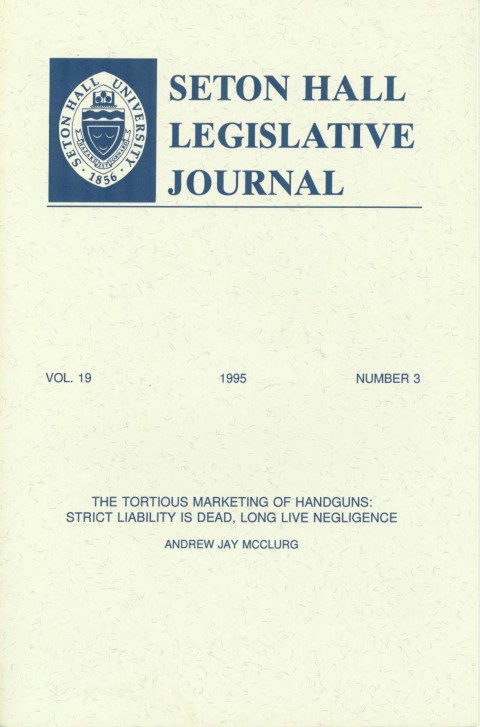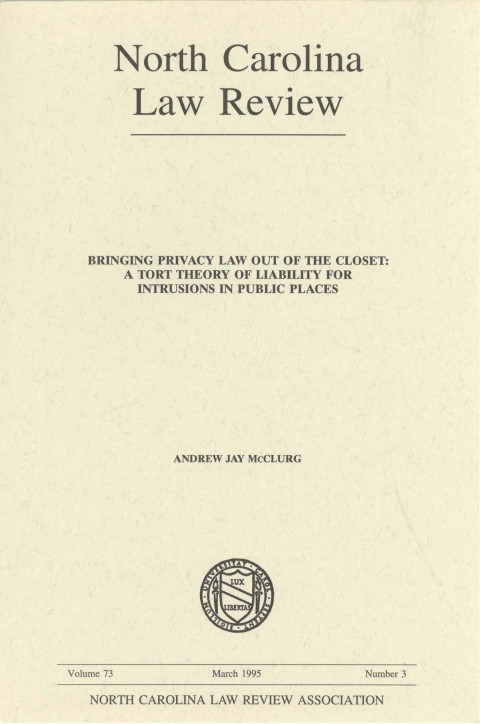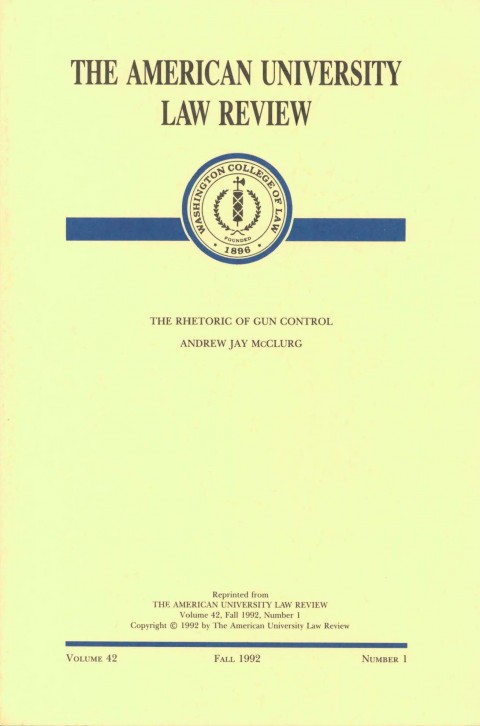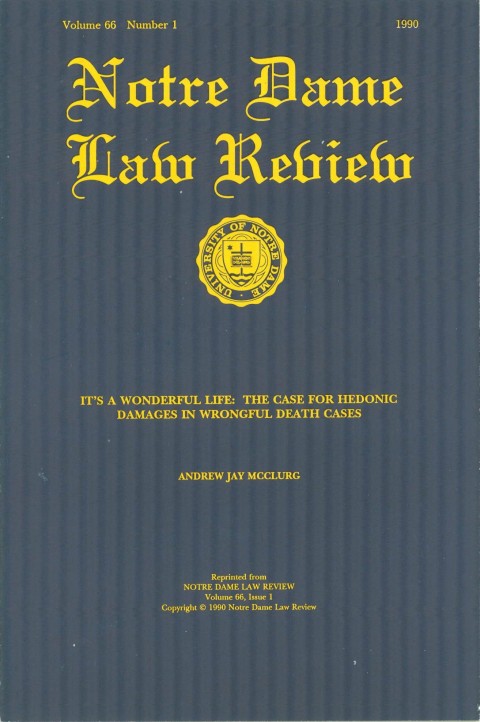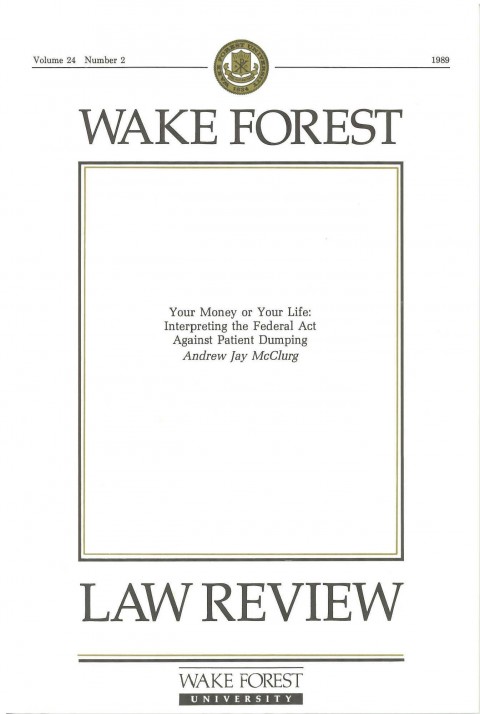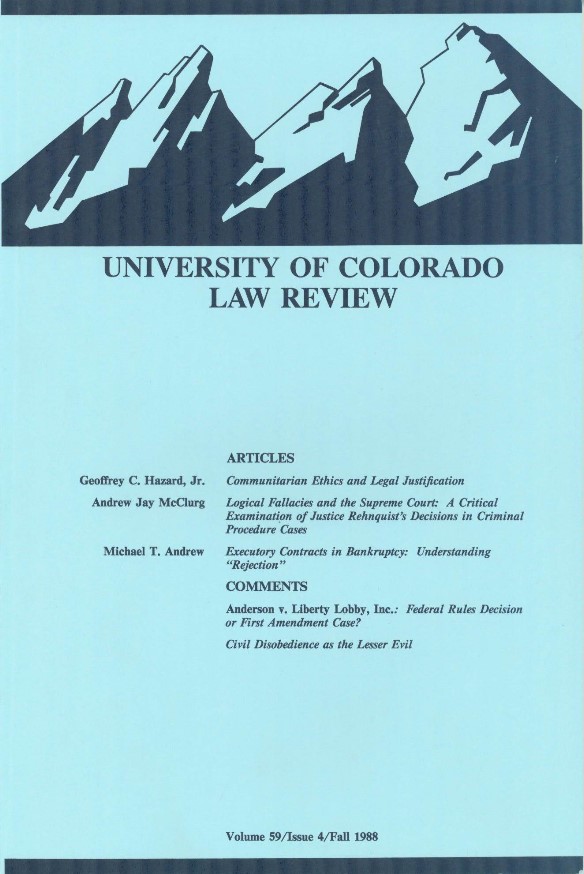August 20th, 2017 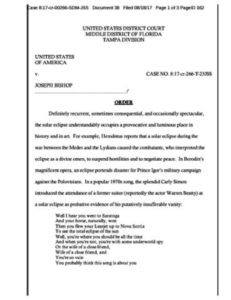 U.S. District Judge Steven “Not So” Merryday denied an Assistant U.S. Attorney’s (AUSA) motion to delay a trial because a witness employed by the Bureau of Alcohol, Tobacco, Firearms and Explosives (ATF) had prepaid for a trip to view the August 21, 2017 solar eclipse in totality. U.S. District Judge Steven “Not So” Merryday denied an Assistant U.S. Attorney’s (AUSA) motion to delay a trial because a witness employed by the Bureau of Alcohol, Tobacco, Firearms and Explosives (ATF) had prepaid for a trip to view the August 21, 2017 solar eclipse in totality.
The court reasoned that the delay would “subordinate the time and resources of the court … to one person’s aspiration to view a ‘total’ solar eclipse for no more than two minutes and forty-two seconds.”
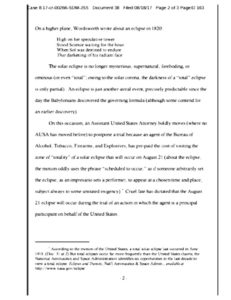 Can’t take issue with the result, but instead of just saying that, the magistrate–perhaps seeking his own two minutes and forty-two seconds of fame–penned a silly too-cute-for-words order built around Carly Simon’s 1972 hit “You’re So Vain.” Can’t take issue with the result, but instead of just saying that, the magistrate–perhaps seeking his own two minutes and forty-two seconds of fame–penned a silly too-cute-for-words order built around Carly Simon’s 1972 hit “You’re So Vain.”
You may recall that Simon’s anonymous, self-absorbed antagonist (suspected to be Warren Beatty) “flew [his] Learjet up to Nova Scotia to see the total eclipse of the sun.” (Speculation has it that Carly was referring to the 1970 total eclipse that was viewable along the East Coast of the United States).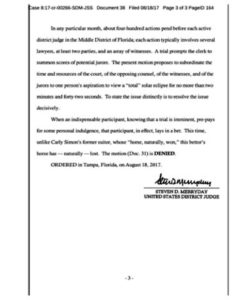
In his order denying the motion to postpone, Judge Merryday mocked the AUSA who filed the motion for “boldly mov[ing] … where no AUSA has moved before” and for “oddly” describing the eclipse “‘scheduled to occur,’ as if someone arbitrarily set the eclipse, as an impresario sets a performer to appear at a chosen time and place.”
He unnecessarily ridiculed the witness for his prepaid “personal indulgence,” again invoking the Carly Simon song, which featured this line immediately preceding “the total eclipse of the sun” line: “Well I hear you went to Saratoga, and your horse naturally won.”
When an indispensable participant, knowing that a trial is imminent, pre-pays for some personal indulgence, that participant, in effect, lays in a bet. This time, unlike Carly Simon’s former suitor, whose “horse, naturally won,” this bettor’s horse has–naturally–lost.
Meanwhile, he diminished the significance of a total solar eclipse as “just another astral event.” The rare August 21 total eclipse will be the first to travel from coast to coast within the United States in nearly 100 years.
–Order, United States v. Joseph Bishop, U.S. District Court, Middle District of Florida, Tampa Div., Case No. 8:17-cr-266-T-23JSS (Aug. 18, 2017) (Thanks to David Barman.)
June 9th, 2012 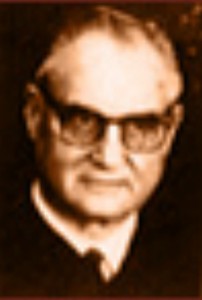 Former Michigan Supreme Court Justice Eugene F. Black Thanks to Graham Bateman for turning Lawhaha.com on to a real character: Justice Eugene F. Black, a judge whose inflammatory dissent-writing makes caustic U.S. Supreme Court Justice Antonin Scalia’s dissents read like love letters in comparison.
Black regularly lashed out at his colleagues on the Michigan Supreme Court, on which he served from 1956-72, holding their feet to the fire when he saw their actions as reckless, destructive, deceptive, partisan, or willful.
For being so outrageous in his outrage, and for having such a sharp, articulate poison pen, Justice Black lands in the Strange Judicial Opinions Hall of Fame.
Black was a judge who took to heart the words of Benjamin Cardozo’s famous ode to dissent-writing, which Black quoted in Guilmet v. Campbell, 188 N.W.2d 601, 611 (Mich. 1971):
Comparatively speaking at least, the dissenter is irresponsible. The spokesman of the court is cautious, timid, fearful of the vivid word, the heightened phrase … Not so, however, the dissenter. He has laid aside the role of the hierophant, which he will be only too glad to resume when the chances of war make him the spokesman of the majority. For the moment, he is the gladiator making a last stand among the lions. (From Selected Writings of Benjamin Nathan Cardozo 353 (Fallon Publications 1947))
Justice Black may have been a gladiator, but I suspect his colleagues had a few other names for him. He wasn’t satisfied to simply disagree in his dissents. He liked to rip his colleagues to shreds in the process. Guilmet provides a good example. The majority held in favor of the plaintiff in a breach of contract action against a surgeon. Black’s dissent began like this:
In these early weeks of 1971 an exuberant new majority of a once great appellate court prepares to launch an unwarned, unprecedented, wholly gratuitous and destructively witless war of “contract liability” upon a brother profession ….
He was just getting warmed up. A little later, he said:
As against this there is no pretense of proffered authority or precedent. My Brothers five just say “This is the law.” That they do with an arrantly dixitized vengeance, for all of the skilled research clerks of Lansing, working with no surcease and without food or drink, never could come up with any kind of respectable or even plausible authority [for the court’s holding].
And then later:
Thus far there appears to the writer still another like bushment the Court should see but does not see, or perhaps is too absorbed to see, dead ahead.
Other examples of Justice Black’s unique style of brethrenly love include:
In re Apportionment of State Legislature, 197 N.W.2d 249, 262 (Mich. 1972) (Black, J., dissenting) (“[T]oo much of that heady stuff known as partisan politics has been steamed into the present proceeding and … this partisan-nominated Court should disqualify itself ….”)
Plumley v. Klein, 199 N.W.2d 169, 173 (Mich. 1972) (Black, J., dissenting) (“The Court has chosen the sleaziest of pleaded causes as opportune for the nullification of [a prior case.] … I cannot hold still before this latest judicial monster.”)
Jones v. Bloom, 200 N.W.2d 196, 207–08 (Mich. 1971) (“[O]ur majority must have labored, conferred, caucused and searched … to find some or any colorable way to overrule [jury’s verdict] … Our reports … are on the shelves of thousands of lawyers and judges. They bear now undeniable witness of both a profaning and deplorable fact; that this temporally seated and largely fledgling Court is bent purposefully upon progressive destruction of all or near all of the great canons and precedential precept which the nationally revered Cooley Court, and the succeeding Fellows Court, have bequeathed to Michigan.”)
Don’t know the merits of any of these cases, but in a day of cautious and tepid judges, you gotta love a judge who was willing to tell it like is (at least as he saw it).
— Citations included in text above. Thanks to Graham Bateman.
February 18th, 2012  Congratulations to the new parents. The Court so orders. In a Kansas federal district court, the defendants’ lawyer asked for a trial continuance because it conflicted with the date on which his wife was having a baby.
The plaintiffs’ lawyers opposed the continuance, which “surprised” the judge. “Irritated” is probably more accurate. Judge Eric Melgren not only granted the motion for continuance, but chastised the objecting lawyers while ordering that the new parents be congratulated:
Defendants seek a brief continuance, noting that one of their counsel …, along with his wife, is expecting their first child due on July 3. Given the proposed length of trial and the famous disregard that newborns (especially first-borns) have for such schedules, and given that the trial is scheduled in Kansas City while the new [baby’s] arrival is scheduled in Dallas, Defendants move this Court for a continuance.
This in itself would not be remarkable, but in reviewing the motion the Court was more than somewhat surprised to read that “Plaintiffs have refused to agree to continue the trial setting and have indicated that they intend to oppose this Motion.”
Well, every party is entitled to file an opposition to a motion, and hoping that perhaps Defendants’ had mis-characterized the vigor of Plaintiffs’ opposition, we have eagerly awaited Plaintiffs’ defense of its opposition. The Memorandum in Opposition arrived yesterday, and it was, sadly, as advertised.
First, Plaintiffs make a lengthy and spirited argument about when Defendants should have known this would happen, even citing a pretrial conference occurring in early November as a time when [Plantiffs’ lawyer] “most certainly” would have known of the due date of his child, and even more astonishingly arguing that “utilizing simple math, the due date for [the] child’s birth would have been known on approximately Oct. 3, or shortly thereafter.”
For reasons of good taste which should be (though, apparently, are not) too obvious to explain, the Court declines to accept Plaintiffs’ invitation to speculate on the time of conception of the … child.
[The plaintiffs also argued that the defendants had five lawyers, presumably implying they could continue with the trial without soon-to-be dad. The court pointedly noted that the plaintiffs also had five lawyers.]
Finally, Plaintiffs argue that surely [Plaintiffs’ lawyer] will have sufficient time to make it from the Kansas City trial to the Dallas birth, even helpfully pointing out the number of daily, non-stop flights between the two cities; and in any event complain of the inconvenience of this late requested continuance.
Certainly this judge is convinced of the importance of federal court, but he has always tried not to confuse what he does with who he is, nor to distort the priorities of his day job with his life’s role. Counsel are encouraged to order their priorities similarly.
Defendants’ Motion is GRANTED. The Ermans are CONGRATULATED.
IT IS SO ORDERED.
Did the judge come down too hard on the plaintiffs’ lawyers for objecting to the continuance? Not knowing the parties or the history of the case, it’s difficult to assess the appropriateness of the judge’s order, but trials involve substantial planning and scheduling. Changing them on short notice can not only delay justice, but be very expensive for the parties.
On the other hand, life does go on outside of cases and having a baby is a pretty big deal. His personal advice that lawyers strive to reach a proper work-life balance is unchallengeable, but easier said than done for practicing litigators.
—Order on Motion to Continue, Jayhawk Capital Management, LLC v. LSB Industries, Inc., Case No. 08-2561-EFM (U.S. Dist. Ct., E.D. Kan., Apr. 12, 2011). Thanks to a judge-friend who prefers anonymity.
February 10th, 2012 What is it about Texas federal district court judges named “Sam” that makes them so ornery? First, we had the notorious U.S. District Judge Samuel Kent from San Antonio (see here, here, here, and here). Now U.S. District Judge Samuel Sparks from Austin (see here and here) comes along to fill the void.
Regrettably, while most law schools do a good job screening and training students, some students manage to graduate from and pass state bar exams who lack competent skills. Not knowing the actors, we have no basis for arguing with Judge Sparks’ evaluation of the lawyer named (we left him unnamed) in the order below, but bludgeoning him so harshly in a permanent public record seems over the top (some paragraph breaks inserted):
The Court has already turned down two extremely tempting offers to transform this case from a boring old federal lawsuit into an exciting, politically-charged media circus. As any competent attorney could have predicted, the Court declines the latest invitation as well.
However, the Court is forced to conclude [name omitted], the attorney whose signature appears on this motion, is anything but competent. A competent attorney would not have filed this motion in the first place; if he did, he certainly would not have attached exhibits that are both highly prejudicial and legally irrelevant; and if he foolishly did both things, he surely would not be so unprofessional as to file such exhibits unsealed.
A competent attorney who did those things would be deliberately disrespecting this Court and knowingly shirking his professional responsibilities, offenses for which he would be lucky to retain his bar card, much less an intact bank balance.
For [name omitted]’s sake, and because the Court has no time to hold a sanctions hearing—in part because it must take time out of deciding the actual legal issues in this case to address the self-serving entreaties of attention-seekers like [name omitted]—the Court assumes [name omitted] is as incompetent as he appears. Rather than sanction him, the Court simply does what [name omitted] would have done if he was a competent professional, and seals attachment 7 to his motion.
I have no problem with judges dressing down lawyers in a very direct way when they deserve it. In fact, I wish more judges would do it. But putting such a personal attack in a written order that will last forever may not be the best way to go.
–Order, Texas Medical Providers Performing Abortion Services v. Lakey, Case No. A-11-Ca-486-S (W.D. Tex., Aug. 22, 2011). Thanks to Gaspar Forteza.
December 10th, 2011 U.S. District Judge Sam Sparks down in Austin, TX, peeved by the conduct of the lawyers in a pending case, chastised them for being “unable to practice law at the level of a first year law student” and ordering them to attend a kindergarten party at the courthouse. Here are the pertinent parts of his order:
You are invited to a kindergarten party … in Courtroom 2 of the United States Courthouse, … Austin, Texas.
The party will feature many exciting and informative lessons, including:
• How to telephone and communicate with a lawyer
• How to enter into reasonable agreements about deposition dates
• How to limit depositions to reasonable subject matter
• Why it is neither cute nor clever to attempt to quash a subpoena for technical failures of service when notice is reasonably given; and
• An advanced seminar on not wasting the time of a busy federal judge and his staff because you are unable to practice law at the level of a first year law student.
Invitation to this exclusive event is not RSVP. Please remember to bring a sack lunch! The United States Marshals have beds available if necessary, so you may wish to bring a toothbrush in case the party runs late.
This is the second time Judge Sparks has berated lawyers regarding their kindergarten skill-set.
Sparks’ boss, U.S. Fifth Circuit Court of Appeals Judge Edith Jones, was not amused by the “cute” order. Abovethelaw.com, via the Texas Lawyer, reported an email from Judge Jones to Judge Sparks that said in part:
It has not escaped my attention, or that of my colleagues or, I am told, nationally known blog sites that you have issued several ‘cute’ orders in the past few weeks. The order attached below is the most recent.
Frankly, this kind of rhetoric is not funny. In fact, it is so caustic, demeaning, and gratuitous that it casts more disrespect on the judiciary than on the now-besmirched reputation of the counsel. It suggests either that the judge is simply indulging himself at the expense of counsel or that he is fighting with counsel in what, as Judge Gee used to say, is surely not a fair contest. It suggests bias against counsel.
Guess we won’t be seeing any Sparks flying in Texas for a while.
— Order, Morris v. Coker, Case Nos. A-ll-MC-712-SS, A-ll-MC-713-SS, A-ll-MC-714-SS, A-ll-MC-7IS-SS, W.D. Tex., Aug. 26, 2011. Thanks to Professor Jodi Wilson, Douglas Giuliano, and others.
November 20th, 2011 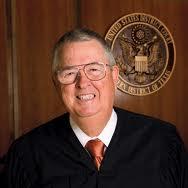 U.S. District Judge Sam Sparks does not enjoy lawyers he perceives as having kindergarten skill-sets. In 2011, U.S. District Judge Sam Sparks, Western District of Texas, got in trouble with his bosses at the Fifth Circuit Court of Appeals for ordering the lawyers in a case to attend a kindergarten party. It wasn’t the first time Judge Sparks used kindergarten references to berate lawyers.
In a 2004 case called Klein-Becker, LLC v. Stanley, Judge Sparks expressed his “disgust” with squabbling among the lawyers in a barrage that began with his expressing doubt as to whether the lawyers had ever attended kindergarten and ended by telling him them to “get a life” (some paragraph breaks inserted):
When the undersigned accepted the appointment from the President of the United States of the position now held, he was read to face the daily practice of law in federal courts with presumably competent lawyers. No one warned the undersigned that in many instances his responsibility would be the same as a person who supervised kindergarten.
Frankly, the undersigned would guess the lawyers in this case did not attend kindergarten as they never learned how to get along well with others. Notwithstanding the history of filings and antagonistic motions full of personal insults and requiring multiple discovery hearings, earning the disgust of the this Court, the lawyers continue ad infinitum.
[Court recounts current dispute in which, despite the court’s order allowing a pleading to be filed on July 23, 2004, defendants’ counsel filed a motion for reconsideration, claiming the pleading should have been filed July 19.]
The Court simply wants to scream to these lawyers, “Get a life” or “Do you have any other cases?” or “When is the last time you registered for anger management classes?”
Neither the world’s problems nor this case will be determined by a … [pleading] which is four days later, even with the approval of the presiding judge.
If the lawyers in this case do not change, immediately, their manner of practice and start conducting themselves as competent to practice in the federal court, the Court will contemplate and may enter an order requiring the parties to obtain new counsel.
Judge Sparks wrapped up by saying that if it wasn’t already clear from the tone of the order, the motion for reconsideration was denied. Hmm, I think he was pretty clear.
— Klein-Becker, LLC v. Stanley, Case No. A-03-CA-871-SS, 2004 U.S. Dist. LEXIS 19107, at *4–6 (W.D. Tex. July 21, 2004). Thanks to Michael Barclay.
November 17th, 2011  A single ringing phone sent 46 people to jail. Calling it “an egregious and unprecedented abuse of judicial power,” the New York State Commission on Judicial Conduct ordered the removal of Niagra Falls City Court Judge Robert M. Restaino for an incident in which he freaked out when a cell phone rang in his court. He ended up ordering 46 defendants into police custody when he couldn’t find who had the ringing phone.
It all started when a cell phone went off in the back of a crowded domestic violence courtroom in which 46 defendants were about to be released on their own recognizance. In addition to the defendants, lawyers, court personnel, and others were present—about 70 people total. The judge responded to the offending ring stating:
Now, whoever owns the instrument that is ringing, bring it to me now or everybody could take a week in jail and please don’t tell me I’m the only one that heard that …
Everyone is going to jail; every single person is going to jail in this courtroom unless I get that instrument now … You are all going.
Instead of realizing his mistake and backing off, he proceeded to threaten and badger the poor defendants for two hours to find out whose phone it was. (He didn’t question the lawyers, but, of course, lawyers NEVER have ringing cell phones.)
He berated the group repeatedly about their selfishness:
As I have indicated, this troubles me more than any of you people can understand. Because what I am really, really having a hard time with, that someone in this courtroom who is so self-absorbed, so concerned only for their own well-being, they kind of figure they’re going to be able to establish the bail and it won’t matter so screw all of the rest of you people.
The disciplinary court saw the irony in this diatribe:
It is also ironic that in repeatedly berating the “selfish” and “self-absorbed” individual who “put their interests above everybody else’s” and “[doesn’t] care what happens to anybody,” respondent failed to recognize that he was describing himself.
I feel kind of sorry for Judge Restaino. Apparently, this was the only blemish on his record. Commissioner Raoul Felder dissented as to the sanction of removal because the incident was a “total aberration from his character and demeanor as a judge for eleven years.” Personally, I feel everyone should be entitled to at least one free unwarranted outburst in public life, sort of like the “one free bite” rule pertaining to dogbites. Maybe we could call it the “one free oopsy sound-bite” rule.
Restaino’s initial reaction no doubt would have been forgiven. What did him in was his decision to persist for two grinding, painful hours despite repeated pleas to reconsider.
— Matter of Restaino, Determination of the New York State Commission on Judicial Conduct, Nov. 29, 2007. Thanks to Daniel Green.
November 17th, 2011  Geoff Petis sent along this interesting case. I’ll let him tell you about it: Geoff Petis sent along this interesting case. I’ll let him tell you about it:
New York Judge Philip S. Straniere penned an opinion about “shrinkwrap” agreements—contracts that may or may not become valid upon the opening of the package. The agreements go by different names (shrinkwrap, clickwrap, etc.), but the rose still smells as sweet. Evidently, Judge Straniere—who apparently takes his pizza as seriously as his contracts — did not agree:
Before deciding the merits of this case the court must address a troubling issue. The computer industry and other courts have adopted the term “pizza box” to describe the package in which the document containing the terms and conditions of the agreement is shipped. As a matter of law in the State of New York, such a container is not a “pizza box.” No self-respecting New York pizza would be caught soggy in such a box. The container may pass as a “pizza box” in those parts of the world that think food from Domino’s, Little Caesars, Pizza Hut, and Papa John’s is pizza. In this court’s opinion such a classification cannot be recognized east of the Hudson River.
Judge Straniere, having fun with this case, goes on to quote Ira Gershwin, Mandy Patinkin, and Marie Antoinette, among others.
— Licitra v. Gateway, Inc., 734 N.Y.S.2d 389, 391 (N.Y. Civ. Ct. 2001). Thanks to Geoff Petis.
November 14th, 2011 In a classic slip and fall case, plaintiff Joseph Rosenberg slipped on asparagus while dancing at a wedding reception with his sister-in-law and fellow plaintiff, Ruth Schwartz.
The issue was whether the defendant caterer had negligently spilled the asparagus on the dance floor. The trial judge had dismissed the lawsuit on theory that the offending asparagus could have been unwittingly transported onto the dance floor after becoming entrapped in the apparel of the dancers.
As with many of the judicial opinions posted on Lawhaha.com, brief excerpts don’t do this case justice. My favorite part is how the legendary Justice Michael Angelo Musmanno of the Pennsylvania Supreme Court bluntly and rather contemptuously rejected the trial judge’s theory of how the asparagus (which according to testimony formed a puddle three feet in diameter) got on the dance floor (some paragraph breaks inserted):
The trial judge, an ex-veteran congressman and thus a habitue of formal parties and accordingly an expert in proper wearing apparel at such functions, all of which he announced from the bench, allowed testimony as to the raiment worn by the banquetters.
All the men were attired in tuxedos, the pants of which were not mounted with cuffs which could transport asparagus and sauce to the dance floor, unwittingly to lubricate its polished surface. Ruling out the cuffs of the tuxedo pants as transporters of the asparagus, the judge suggested the asparagus, with its accompanying sauce, could have been conveyed to the dance floor by ‘women’s apparel, on men’s coats or sleeves, or by a guest as he table hopped.’
The Judge’s conclusions are as far-fetched as going to Holland for hollandaise sauce. There was no evidence in the case that anybody table hopped; it is absurd to assume that a man’s coat or sleeve could scoop up enough asparagus and sauce to inundate a dance floor to the extent of a three-foot circumference; and it is bizarre to conjecture that a woman’s dress without pockets and without excessive material could latch on to such a quantity of asparagus, carry it 20 feet (the distance from the tables to the dance floor) and still have enough dangling to her habiliments to cover the floor to such a depth as to fell a 185 pound gentleman with 35 years’ dancing experience who had never before been tackled or grounded while shuffling the light fantastic.
…
It can be stated as an incontrovertible legal proposition that anyone attending a dinner dance has the inalienable right to expect that, if asparagus is to be served, it will be served on the dinner table and not on the dance floor.
…
Judgment reversed with a procedendo.
Chief Justice Bell dissented:
One cannot help wondering if plaintiffs had, in the alleged 35 years of dancing, ever been to any dance, let alone a wedding banquet dance. … A dancer cannot, with legal sanction, look only into the captivating eyes of his lovely partner.
I certainly dissent.
— Schwartz v. Warwick-Philadelphia Corp., 226 A.2d 484, 485–87, 488 (Pa. 1967). Thanks to Janet Heydt.
November 6th, 2011 There are plenty of cranky judges out there, but also some nice ones.
Have you ever noticed how nice people from Canada are? Well, it turns out that even the judges are super nice.
In National Leasing Group, Inc. v. Top West Ventures, the plaintiff sued to collect a debt and the defendant filed an intelligible counterclaim drafted by a friend consisting of 97 paragraphs and 26 pages. As you’ll read below, the Supreme Court of British Columbia could argue just cause for launching into the guy, but Master Bolton, the writing judge, responded to the bizarre pleading with kindness and an abundance of decorum. Here’s a taste of the court’s opinion:
On the face of the document, I had difficulty discerning any cause of action while the matter was being spoken to in chambers, but in view of its length and complexity, I concluded that I should reserve my decision in order to consider it in more detail. The first paragraph reads:
1. For the [DE]FENDANT with the knowledge of the David-Wynn:Miller; Language-Procedures (http://www.dwmlawprocedures.com; http://brucestellar.tsx.org) is with the damage: damage by the utilization of the fictitious-language/scribble as the foundation for the authority for the action/claim against the DE[FENDANT] damage by the criminal-rate of the interest [section: 347: Criminal-Codeof the Canada]; damage by the false-statements [section: 397.1(a); Criminal-Codeof the Canada]; damage by the completion of a fraud: constructive or actual [section: 380.1 of the Criminal Code of the Canada]; damage by the completion of a mail-fraud [section: 381 of the Criminal-Code of the Canada; damage by the bad-faith; by the PLAINTIFF and DEFENDANT by the COUNTER-CLAIM.
What did the judge have to say about this gobbledygook? With a generosity of spirit unparalleled in recorded judicial history, he said: “This is not too bad.”
However, he added that, unfortunately, he could not recognize anything “in any of its remaining 96 paragraphs.”
— Nat’l Leasing Group, Inc. v. Top West Ventures, 2001 BCSC 111 (Can.). Thanks to David Cheifetz.
November 6th, 2011 Of all the judicial opinions that have been reviewed at lawhaha.com, People v. Arno takes the cake for the most over-the-top, unjudicial attack on a colleague in a written opinion. For that reason, it qualifies for the Strange Judicial Opinions Hall of Fame.
Arno was a Fourth Amendment obscenity case in which the Second District California Court of Appeals suppressed evidence obtained by the police from peering in the windows of defendant’s office suite with ten-power binoculars.
One judge—we’ll leave names out to protect all the guilty judges involved—filed a strong dissent. Actually, it was more than strong. It was strident and no doubt irritating to the judge’s colleagues on the appellate panel.
But the attack launched by the majority judges against their dissenting brethren in footnote 2 is almost breathtaking in its inappropriateness. You don’t bother to read the whole footnote. Just read the first letters of the seven numbered sentences. As Country Joe McDonald shouted at Woodstock: “What’s that spell? What’s that spell?”
2. We feel compelled by the nature of the attack in the dissenting opinion to spell out a response:
1. Some answer is required to the dissent’s charge.
2. Certainly we do not endorse “victimless crime.”
3. How that question is involved escapes us.
4. Moreover, the constitutional issue is significant.
5. Ultimately it must be addressed in light of precedent.
6. Certainly the course of precedent is clear.
7. Know that, our result is compelled.
How did the dissenter reply to this profane insult? Well, not surprisingly, with even more bizarre stridency. In his own footnote, he said:
I have heretofore eschewed responding to footnote 2 of the majority opinion in kind since it would be beneath the dignity of this office. Although I still will not respond in kind, … some comment is compelled.
I decry the lack of propriety, collegiality and judicial temperament displayed in footnote 2. I abhor the loss of public respect for the legal profession and the judiciary footnote 2 engendered by reason of [a L.A. Times story about the footnote]. …
I construe the [footnote reference] as a personal affront to every California citizen and their duly elected representatives … who have deemed it a wise public policy to enact our criminal obscenity laws …. It is no wonder that California had the odious distinction of being the porno capital of the world.
Come on, judges. Play nice or we’ll take your robes away.
— People v. Arno, 153 Cal. Rptr. 624, 628 n.2 (majority), 644 n.14 (dissent) (Cal. Ct. App. 1979).
October 31st, 2011 Another ad hominem-laced love letter to lawyers from former U.S. District Judge Samuel Kent, Galveston, TX. This one was a maritime personal injury case in which defense counsel moved for summary judgment on behalf of his client Phillips Petroleum.
Note that, in insulting the lawyers throughout, Judge Kent emphasized that the lawyers for both sides were “likeable” and that he had “affection” for them:
[Judge Kent begins the order by stating the case, then proceeds as follows.]
[T]he Court notes that this case involves two extremely likable lawyers, who have together delivered some of the most amateurish pleadings ever to cross the hallowed causeway into Galveston, an effort which leads the Court to surmise but one plausible explanation. Both attorneys have obviously entered into a secret pact—complete with hats, handshakes and cryptic words—to draft their pleadings entirely in crayon on the back sides of gravy-stained paper place mats, in the hope that the Court would be so charmed by their child-like efforts that their utter dearth of legal authorities in their briefing would go unnoticed.
Whatever actually occurred, the Court is now faced with the daunting task of deciphering their submissions. With Big Chief tablet readied, thick black pencil in hand, and a devil-may-care laugh in the face of death, life on the razor’s edge sense of exhilaration, the Court begins.
[The court discusses summary judgment law, followed by several caustic remarks about the quality of defense counsel’s (representing Phillips) filings, including the statement that “[a] more bumbling approach is difficult to conceive.” Then the court tears into plaintiff’s counsel.]
Plaintiff responds to this deft, yet minimalist analytical wizardry with an equally gossamer wisp of an argument, although Plaintiff does at least cite the federal limitations provision applicable to maritime tort claims. … Naturally, Plaintiff also neglects to provide any analysis whatsoever of why his claim versus Defendant Phillips is a maritime action. Instead, Plaintiff “cites” to a single case from the Fourth Circuit.
Plaintiff’s citation, however, points to a nonexistent Volume “1886” of the Federal Reporter Third Edition and neglects to provide a pinpoint citation for what, after being located, turned out to be a forty-page decision. Ultimately, to the Court’s dismay after reviewing the opinion, it stands simply for the bombshell proposition that torts committed on navigable waters … require the application of general maritime rather than state tort law … The Court cannot even begin to comprehend why this case was selected for reference. It is almost as if Plaintiff’s counsel chose the opinion by throwing long range darts at the Federal Reporter (remarkably enough hitting a nonexistent volume!). …
Despite the continued shortcomings of Plaintiff’s supplemental submission, the Court commends Plaintiff for his vastly improved choice of crayon—Brick Red is much easier on the eyes than Goldenrod, and stands out much better amidst the mustard splotched about Plaintiff’s briefing. But at the end of the day, even if you put a calico dress on it and call it Florence, a pig is still a pig. Now, alas, the Court must return to grownup land. [Court resolves issue on its own.] …
Take heed and be suitably awed, oh boys and girls—the Court was able to state the issue and its resolution in one paragraph … despite dozens of pages of gibberish from the parties to the contrary! …
After this remarkably long walk on a short legal pier, having received no useful guidance whatever from either party, the Court has endeavored, primarily based upon its affection for both counsel, but also out of its own sense of morbid curiosity, to resolve what it perceived to be the legal issue presented. Despite the waste of perfectly good crayon seen in both parties’ briefing … the Court believes it has satisfactorily resolved this matter. Defendant’s Motion for Summary Judgment is GRANTED …
— Bradshaw v. Unity Marine Corp., 147 F. Supp. 2d 668, 670–72 (S.D. Tex. 2001). Thanks to Ira Rosenau.
October 31st, 2011 Some believe the writings of impeached U.S. District Judge Samuel B. Kent, Southern District of Texas, are quite funny, but probably not many lawyers in Galveston were laughing after his June 2001 order on a motion to transfer for improper venue. Being Juge Kent, he couldn’t just deny the motion. He had to rip apart the lawyer who filed the motion:
[A]ny person with even a correspondence-course level understanding of federal practice and procedure would recognize that Defendant’s Motion is patently insipid, ludicrous and utterly unequivocally without any merit whatsoever. Worse, it is just plain blatantly wrong in light of the unambiguous language of a decades old federal statute and veritable mountains of case law addressing venue propriety.
Sound bad? It gets worse. Judge Kent went on to state that “Defendant’s obnoxiously ancient, boilerplate, inane Motion is emphatically DENIED.”
For the coup de grace, Judge Kent ended by disqualifying the lawyer from further appearing in the case “for submitting this asinine tripe.”
— Labor Force, Inc. v. Jacintoport Corp., 144 F. Supp. 2d 740 (S.D. Tex. 2001) (opinion subsequently withdrawn from bound volume).
October 31st, 2011 Here’s another widely circulated sarcastic opinion from former U.S. District Judge Samuel Kent, Galveston, Texas. Say what you want about Kent, and there is plenty to say, he was a clever writer. And who else could insult six entire nations in a single paragraph (the first one below)?
The governments of several foreign countries sued American tobacco companies for health care costs allegedly caused by the defendants’ product. Judge Kent, in his inimitable way, sua sponte transferred the case to the District of Columbia:
The governments of Guatemala, Panama, Nicaragua, Thailand, Venezuela, and Bolivia have filed suit in [several geographically diverse locales in the U.S.] Why none of these countries seems to have a court system their own governments have confidence in is a mystery to this Court. Moreover, given the tremendous number of United States jurisdictions encompassing fascinating and exotic places, the Court can hardly imagine why the Republic of Bolivia elected to file suit in the veritable hinterlands of Brazoria County, Texas. The Court seriously doubts whether Brazoria County has ever seen a live Bolivian … even on the Discovery Channel.
Though only here by removal, this humble Court by the sea is certainly flattered by what must be the worldwide renown of rural Texas courts for dispensing justice with unparalleled fairness and alacrity, apparently in common discussion even on the mountain peaks of Bolivia! Still, the Court would be remiss in accepting an obligation for which it truly does not have the necessary resources …
[T]he capacity of this Court to address the complex and sophisticated issues of international law and foreign relations presented by this case is dwarfed by that of its esteemed colleagues in the District of Columbia who deftly address such awesome tasks as a matter of course. … Such a Bench, well-populated with genuinely renowned intellects, can certainly better bear and share the burden of multidistrict litigation than this single judge division, where the judge moves his lips when he reads ….
[I]t is the Court’s opinion that the District of Columbia, located in this Nation’s capital, is a much more logical venue for the parties and witnesses in this action because, among other things, Plaintiff has an embassy in Washington, D.C., and thus a physical presence and governmental representatives there, whereas there isn’t even a Bolivian restaurant anywhere near here! Although the jurisdiction of this Court boasts no similar foreign offices, a somewhat dated globe is within its possession.
While the Court does not therefrom profess to understand all of the political subtleties of the geographical transmogrifications ongoing in Eastern Europe, the Court is virtually certain that Bolivia is not within the four counties over which this Court presides, even though the words Bolivia and Brazoria are a lot alike and caused some real, initial confusion until the Court conferred with its law clerks. Thus, it is readily apparent, even from an outdated globe such as that possessed by this Court, that Bolivia, a hemisphere away, ain’t in south-central Texas, and that, at the very least, the District of Columbia is a more appropriate venue (though Bolivia isn’t located there either).
Furthermore, as this Judicial District bears no significant relationship to any of the matters at issue, and the judge of this Court simply loves cigars, the Plaintiff can be expected to suffer neither harm nor prejudice by a transfer to Washington, D.C., a Bench better able to rise to the smoky challenges presented by this case, despite the alleged and historic presence there of countless “smoke-filled” rooms.
— Republic of Bolivia v. Philip Morris Cos., 39 F. Supp. 2d 1008, 1009–10 (S.D. Tex. 1999). Thanks to Bob Van Voris.
October 31st, 2011 The notorious Judge Samuel Kent, former U.S. District Judge for the Southern District of Texas, made his first big spash on the Strange Judicial Opinions screen in a 1996 case called Smith v. Colonial Penn Ins. Co.
A defendant in a breach of contract case in Galveston apparently insulted Judge Kent’s hometown and Southern pride when it filed a motion to transfer venue in the case from Galveston to Houston based on forum non conveniens. Defendant’s motion said Galveston did not have a commercial airport into which defendant’s agents could fly. The nearest airport was Houston’s Hobby Airport, 40 miles away.
Judge Kent was somethingless than sympathetic to defendant’s plight. He sarcastically skewered the lawyers (some paragraph breaks inserted):
Defendant should be assured that it is not embarking on a three-week-long trip via covered wagons when it travels to Galveston. Rather, Defendant will be pleased to discover that the highway is paved and lighted all the way to Galveston, and thanks to the efforts of this Court’s predecessor, Judge Roy Bean, the trip should be free of rustlers, hooligans, or vicious varmints of unsavory kind. Moreover, the speed limit was recently increased to seventy miles per hour on most of the road leading to Galveston, so Defendant should be able to hurtle to justice at lightning speed.
To assuage Defendant’s worries about the inconvenience of the drive, the Court notes that Houston’s Hobby Airport is located about equal drivetime from downtown Houston and the Galveston courthouse. Defendant will likely find it an easy, traffic-free ride to Galveston as compared to a congested, construction-riddled drive to downtown Houston. The Court notes that any inconvenience suffered in having to drive to Galveston may likely be offset by the peacefulness of the ride and the scenic beauty of the sunny isle.
As to Defendant’s argument that Houston might also be a more convenient forum for Plaintiff, the Court notes that Plaintiff picked Galveston as her forum of choice even though she resides in San Antonio. Defendant argues that flight travel is available between Houston and San Antonio but is not available between Galveston and San Antonio, again because of the absence of a commercial airport. Alas, this Court’s kingdom for a commercial airport! [Fn]
[Fn.] Defendant will again be pleased to know that regular limousine service is available from Hobby Airport, even to the steps of this humble courthouse, which has got lights, indoor plummin’, ‘lectric doors, and all sorts of new stuff, almost like them big courthouses back East.
The Court is unpersuaded by this argument because it is not this Court’s concern how Plaintiff gets here, whether it be by plane, train, automobile, horseback, foot, or on the back of a huge Texas jackrabbit, as long as Plaintiff is here at the proper date and time. Thus, the Court declines to disturb the forum chosen by the Plaintiff and introduce the likelihood of delay inherent in any transfer simply to avoid the insignificant inconvenience that Defendant may suffer by litigating this matter in Galveston rather than Houston.
And that’s how Lawhaha.com first met Judge Kent.
— Smith v. Colonial Penn Ins. Co., 943 F. Supp. 782, 784–85 (S.D. Tex. 1996).
|
Funny Law School Stories
For all its terror and tedium, law school can be a hilarious place. Everyone has a funny law school story. What’s your story?
|
Product Warning Labels
A variety of warning labels, some good, some silly and some just really odd. If you come encounter a funny or interesting product warning label, please send it along.
|
Tortland

Tortland collects interesting tort cases, warning labels, and photos of potential torts. Raise risk awareness. Play "Spot the Tort." |
Weird Patents
Think it’s really hard to get a patent? Think again.
|
Legal Oddities
From the simply curious to the downright bizarre, a collection of amusing law-related artifacts.
|
Spot the Tort
Have fun and make the world a safer place. Send in pictures of dangerous conditions you stumble upon (figuratively only, we hope) out there in Tortland.
|
Legal Education
Collecting any and all amusing tidbits related to legal education.
|
Harmless Error
McClurg's twisted legal humor column ran for more than four years
in the American Bar Association Journal.
|
|
|
 U.S. District Judge Steven “Not So” Merryday denied an Assistant U.S. Attorney’s (AUSA) motion to delay a trial because a witness employed by the Bureau of Alcohol, Tobacco, Firearms and Explosives (ATF) had prepaid for a trip to view the August 21, 2017 solar eclipse in totality.
U.S. District Judge Steven “Not So” Merryday denied an Assistant U.S. Attorney’s (AUSA) motion to delay a trial because a witness employed by the Bureau of Alcohol, Tobacco, Firearms and Explosives (ATF) had prepaid for a trip to view the August 21, 2017 solar eclipse in totality. Can’t take issue with the result, but instead of just saying that, the magistrate–perhaps seeking his own two minutes and forty-two seconds of fame–penned a silly too-cute-for-words order built around Carly Simon’s 1972 hit “You’re So Vain.”
Can’t take issue with the result, but instead of just saying that, the magistrate–perhaps seeking his own two minutes and forty-two seconds of fame–penned a silly too-cute-for-words order built around Carly Simon’s 1972 hit “You’re So Vain.”







